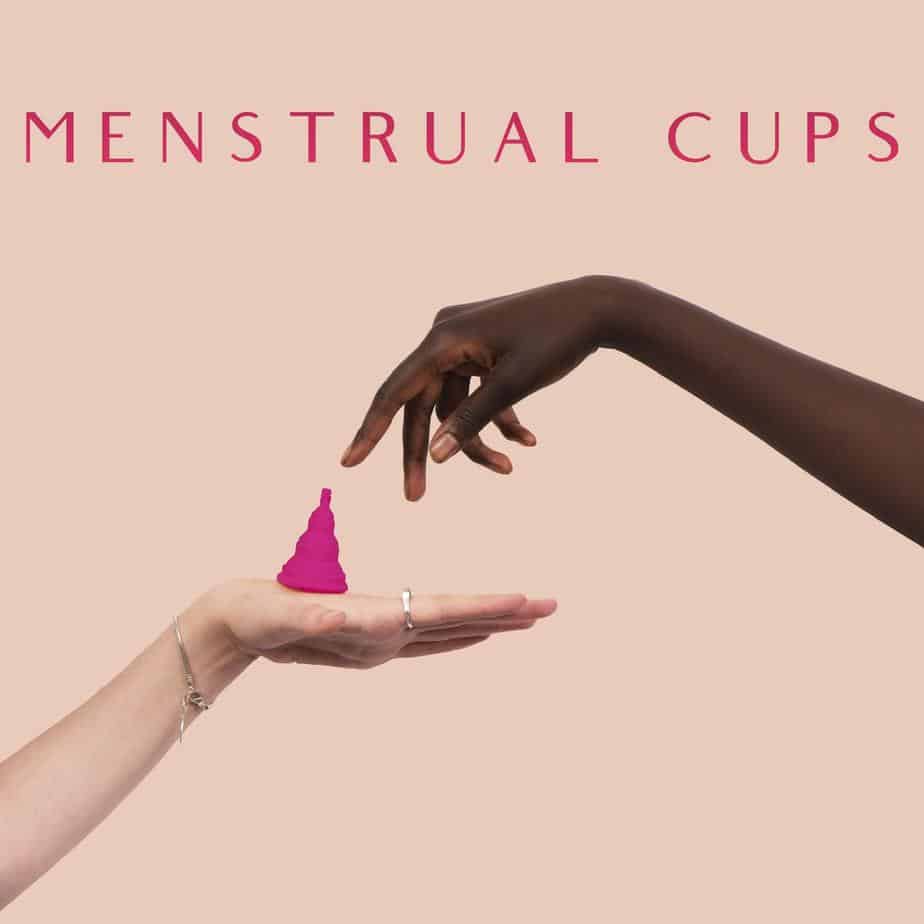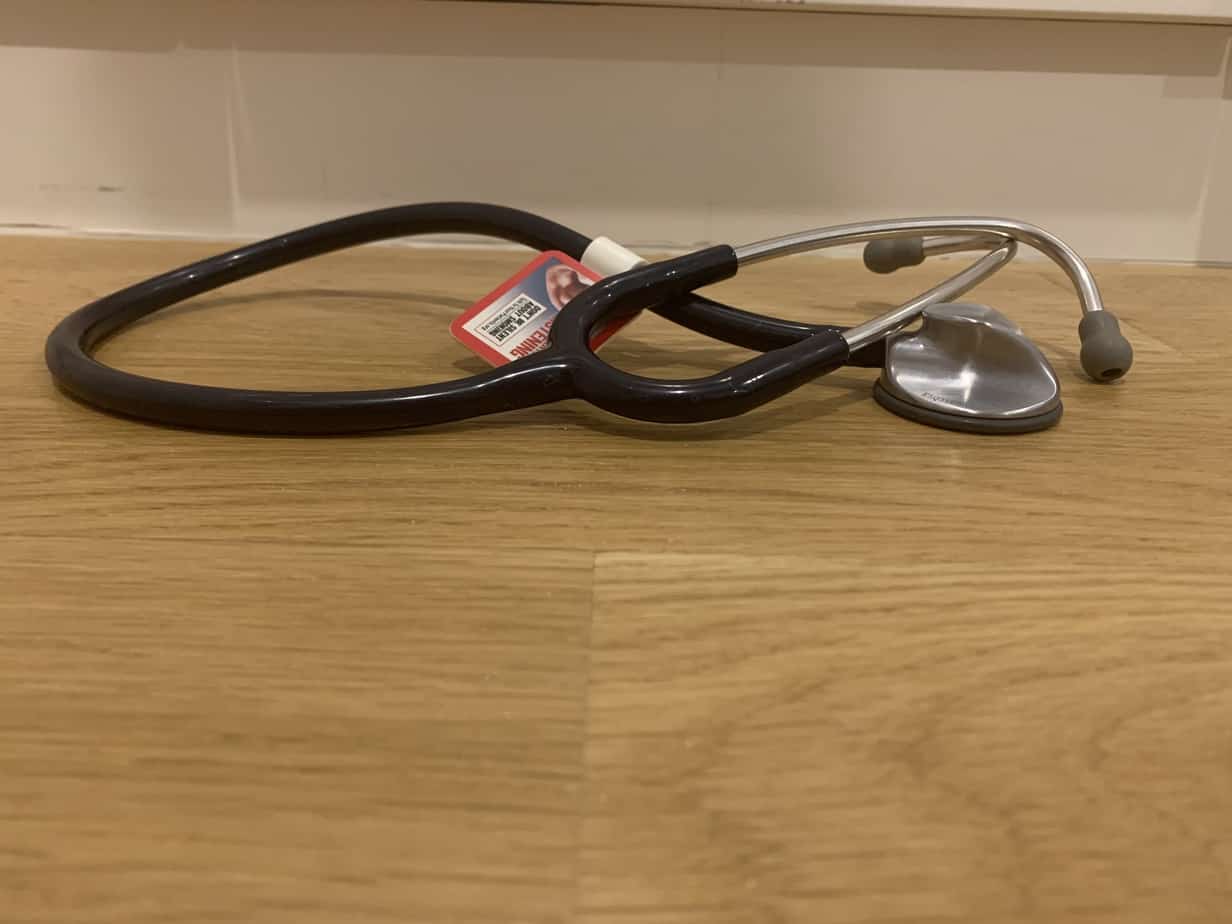World Breastfeeding Week

This week is World Breastfeeding Week (August 1-7th).
Postpartum moms have a lot of changes to adjust to, outside of taking care of a newborn baby. Sleep deprivation is the tip of the iceberg of mental and physical changes that a new mom may experience. For baby, everything is new and different. It can take babies time to adjust to life outside the womb. For moms it is often a combination of exhilaration and exhaustion.
Common Postpartum Changes
- Vaginal soreness and bleeding
- Breast tenderness
- Uterine contractions (after-pains that occur with breastfeeding and oxytocin release)
- Bladder dysfunction and incontinence
- Constipation
- Postpartum depression (contact healthcare provider early on)
Many new moms enter ‘momhood’ without a vast knowledge of what to do in every baby related situation. It can be overwhelming with the vast amount of online knowledge available at their fingertips. Most moms just want to do what’s best for their baby and what works for their family. Thankfully there are a lot of products on the market to help support mothers who decide to breast feed and help them get over any hurdles along the way. Babies don’t exactly come with a ‘How To’ book when born. There are also numerous support groups and usually plenty of others who are in similar situations.
Breastfeeding Products
- Breastfeeding support pillows
- Nipple cream
- Nipple cooling pads
- Maternity bra’s or tops with shelf support
- Nipple shields (breast and nipple tenderness)
- Nipple formers (inverted or flat nipples)
Common Hurdles
Breastfeeding does not come naturally for all moms. Most birthing centers and hospitals offer free lactation consultants and moms are often visited before they leave the hospital. Once out of the security of the hospital with all of its healthcare expertise issues may arise that cause new moms to pause and seek help. These may include:
- Muscle tenderness/aches from poor posture during breastfeeding
- Latch concerns
- Cluster feeding
- Fourth trimester body changes
What is Cluster Feeding?
As babies grow they experience growth spurts. Usually these occur around 2 weeks, 6 weeks and 3 months but like many babies they don’t always stick to a set schedule. Babies may look to feed much more often during these times for a few days. This inadvertently also increases mom’s milk supply. Cluster feeding may lead to breast tenderness. The time taken to nurse takes away from the mother’s free time and can make it more challenging for moms to get through their daily routines.
We Can Help!
Body Harmony Physical Therapy is here to help you through your postpartum journey. We offer one hour physical therapy sessions in a private treatment room. Postpartum physical therapy aims to help common breastfeeding issues like blocked ducts as well as changes that occur in the fourth trimester and beyond.
Post-partum, women may consult with a physical therapist for:
- Neck and upper back pain
- Diastasis Rectus Abdominis
- Abdominal muscle weakness
- Low Back Pain
- SI Joint pain
- Tailbone pain
- Pubic Symphysis pain
- Pelvic muscle weakness
- Pelvic Organ Prolapse, feeling of pelvic heaviness
- Urinary or fecal incontinence
- Constipation
- Pain with intercourse
- Scarring and pain secondary to a perineal tear, episiotomy, or C-Section
References
- https://www.chop.edu/pages/breastfeeding-tips-beginners







